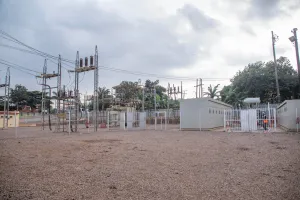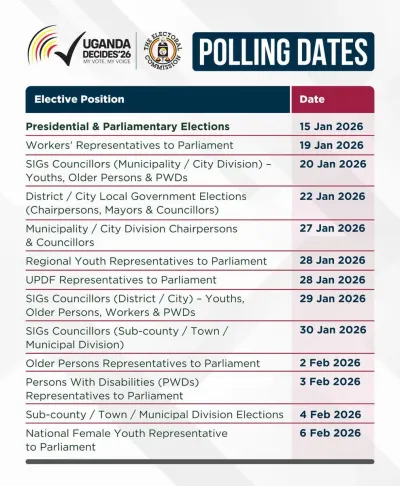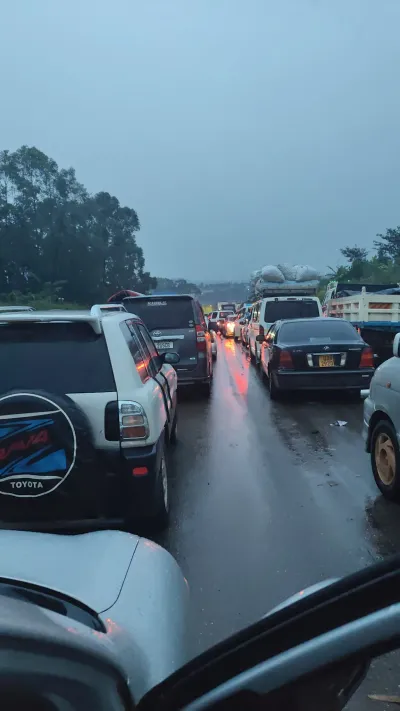
The telecoms sector has in the last eleven years become the darling of investors, enabling government to plough back revenues earned from the sector for provision of development infrastructure at the various levels of government.
The sector has proven to be the live wire of the economy, facilitating cross-industry linkages, efficiency and productivity across the economy and providing the platform for the country’s banking sector. Electronic banking facilities such as Automated Teller Machine (ATM) services, online financial transactions, international credit and debit card facilities, airline ticketing and reservations, are some of the numerous ways that the industry has aided the growth, sophistication, security and quick transactions in the Ugandan financial sector. The sector has also generated employment for several hundreds of thousands of Ugandans directly and indirectly.
Although the sector is relatively growing, It is faced with a number impediments among which are Man-made national disasters, criminal vandalism of infrastructure, theft & digging up of cables for sale in the black market or for other purposes, destruction of telecom facilities due to road construction, community interference and oversight functions from other governmental agencies.
Increase in the number of vandalism cases on network infrastructure is one of the cardinal factors impeding network improvement by telecoms companies. Research shows that By July 2014 MTN had recorded more than 200 incidents of infrastructure vandalism largely attributed to the theft of fiber cables by individuals and activities of road construction. Airtel, in recent reports decried “losing millions of money to vandalism on their masts.” In 2013, theft of fuel-diesel from the masts cost the telecom in excess of Shs300 million.
The numerous complaints from the public over poor services, namely dropped calls, erratic Internet access and constant network failures, persistent fiber damages put both the business and customer quality at risk.This has seen revenues for the players drop as a result of vandalism.
Telecom companies have all along been complaining of some areas for instance, experiencing a total blackout for both voice calls and data services if both the protection and working routes are damaged and as a result, the network also suffer high congestion levels due to a lack of coverage resulting in very poor call experience and dropped calls.
Network infrastructure is a national good for good telecommunications services and vandalism affects service provision that’s why there is need for tough laws to prevent the theft and vandalism of network infrastructure in Uganda.Kenya has stepped up its purge against vandalism.
The Scrap metal Act 2015, declare the menace an act of economic sabotage. It also blocks exportation of illicit scrap metal scavenged from railways, road signs, road barriers, electricity wires, transformers, and water pipes.
The act establishes the scrap metal council with the appropriate measures and mechanisms for protecting public interest against vandalism, theft of utility infrastructure and private property.
The act also establishes inspectors, who walk into any yard to check the scrap metal and ascertain its source. “…an Inspector may seize any scrap metal whose ownership is undetermined and shall within a period of 14 days present it before a court and if the court is satisfied that the owner cannot be found, declare it forfeited to the State,” notes a clause on the Act.
In Uganda, most of the items vandalized are sold to Spare Parts business and scrap dealers down town with impunity. Kenya has made it illegal to deal in scrap without a valid license issued by the Council.
If someone commits an offense and is liable on conviction-for a first offense to a fine not exceeding ten million shillings or to imprisonment for a term not exceeding three years or both; and for a second or subsequent offense to a fine not exceeding twenty million shillings or to imprisonment for a term not exceeding five years or both.
In the USA and the EU, Telecommunications infrastructure is covered by Acts because of the important role the ICT industry plays in National Security and the Economy as a whole, that’s why Uganda needs the same bills signed into Law as soon as possible.
Critical Infrastructure Protection in the USA has been in place since 1996. There is no area in Uganda that can be productive or perform optimally without telecoms services either directly or indirectly and it is our duty as Ugandans to protect these infrastructures if this nation is to make progress and compete with first world countries.
The Author is a security Expert and Managing Director Spartasec Limited.
E-mail; yssekamatte@spartasec.net
















Henry Lutaaya
Leave a Comment
Your email address will not be published.